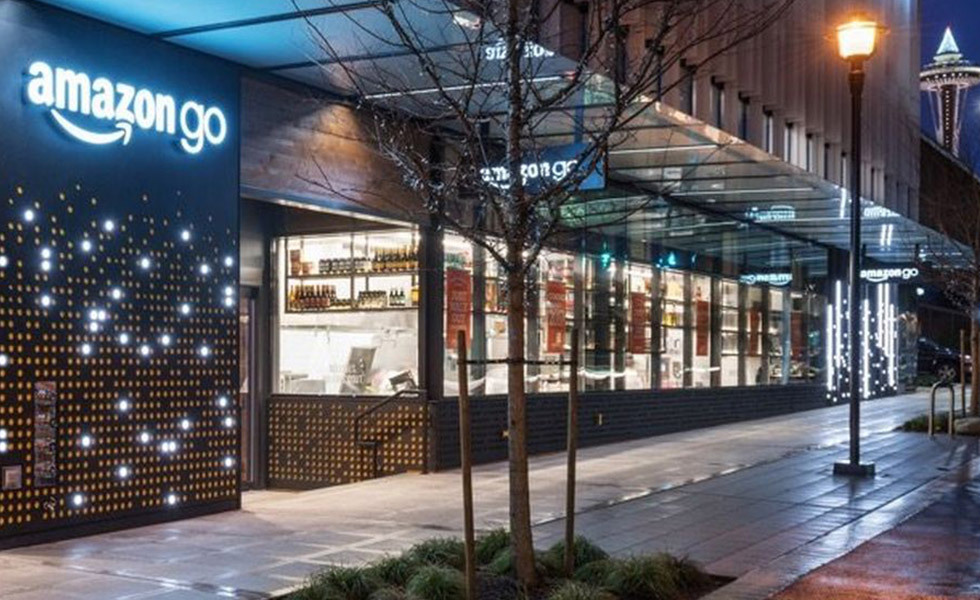Just a month after Apple became the first company to pass the magical US$1tn threshold, Amazon has done the same.
Amazon isn’t called the “everything store” for nothing. From its humble origins as an online bookseller, it has morphed into an ecommerce giant and the largest provider of cloud computing.
Its annual revenue is a staggering $178bn and it accounts for 49 cents out of every dollar spent on ecommerce in the United States, according to eMarketer. And it’s only going to get bigger.
When Jeff Bezos started it in 1994, he reportedly chose the name Amazon so that it would appear at the top of the alphabetical lists that were popular at the time. Calling it “Earth’s biggest bookstore,” Amazon seriously disrupted not only the book-selling business – forcing innumerable bookstores and chains like Barnes & Noble out of business – but becoming the everything store.
It began expanding its offerings – until it sold everything from toilet paper to televisions, and everything in between.
Its loyalty program, called Prime, initially offered free two-day delivery, but began to add other services. First access to music, then – like Netflix – back catalogues of TV shows. And – like Netflix – it is now a force in the movie and TV making business.
But by far its biggest business is Amazon Web Services (AWS), its cloud-computing division. You may never have heard of it, but you’ve heard of Netflix, Airbnb, Dropbox and Adobe. They all host their services in AWS.
Along the way, Amazon started selling its connected speakers called Echo – which are now the dominant smart speakers – and its voice assistant Alexa is the largest such use of this nascent form of service. You can get Alexa to perform a range of things (from reading the news, telling it to play music or asking to search for something) but it’s mostly designed to make shopping on Amazon easier, especially if you’re a Prime member.
In an unusual move, because the figures have always been kept secret, Bezos revealed in April Prime has 100m subscribers. It’s a clever service that locks its users into an annual fee, even if it offers such useful services.
Bezos is famous for ploughing profits back into growing the business, and this is reflected in its share price. Over the past five years, it’s valuation has grown nearly 600%, and over 70% this year alone.
Last year Amazon bought Whole Foods for a whopping $13.7bn, and expanded into groceries – setting the cat amongst the pigeons in the whole online grocery market in the US.
Earlier this year, it opened its Amazon Go store in Seattle, where its headquarters are based, which is a store without cashiers that lets you shop for food and automatically bills you – using similar cameras and sensors used by autonomous vehicles. Like so much else Amazon does, it’s being seen as the way of the future for retail.
Bezos bought the veritable Washington Post for $250m in 2013, which is critical of US President Donald Trump, who in turn has frequently attacked Amazon. The once struggling newspaper is now thriving.
But the dark underbelly of this success are the menial wages earned by its warehouse workers and allegations of mistreatment.
Bezos has proved a visionary businessman, who started out selling books and now sells everything as the internet has become increasingly crucial to our lives. Amazon’s $1tn valuation is confirmation of how central it has become to the internet itself.
This column first appeared in Financial Mail
